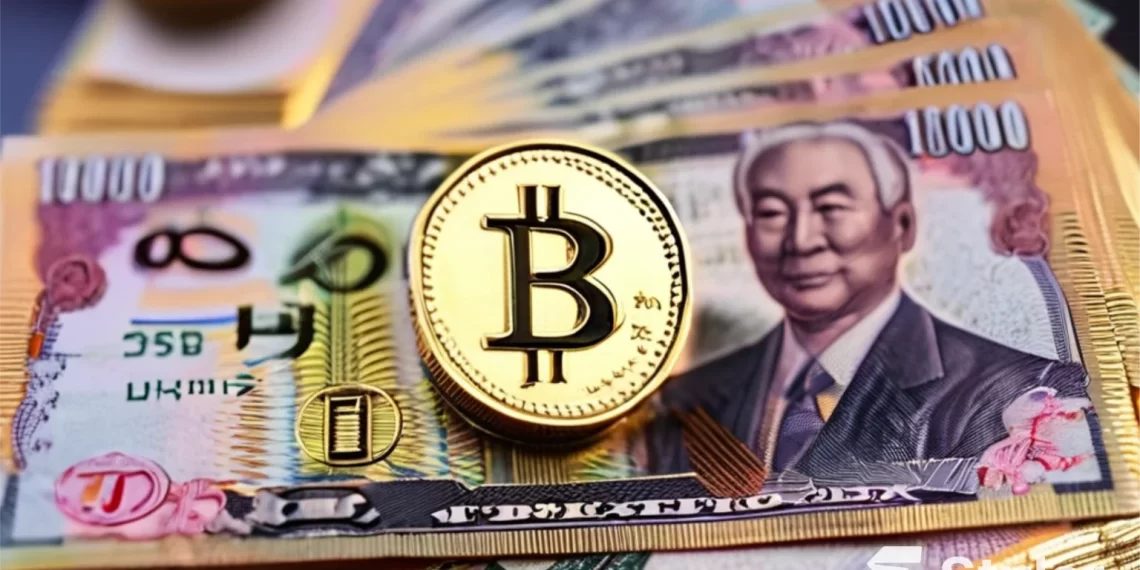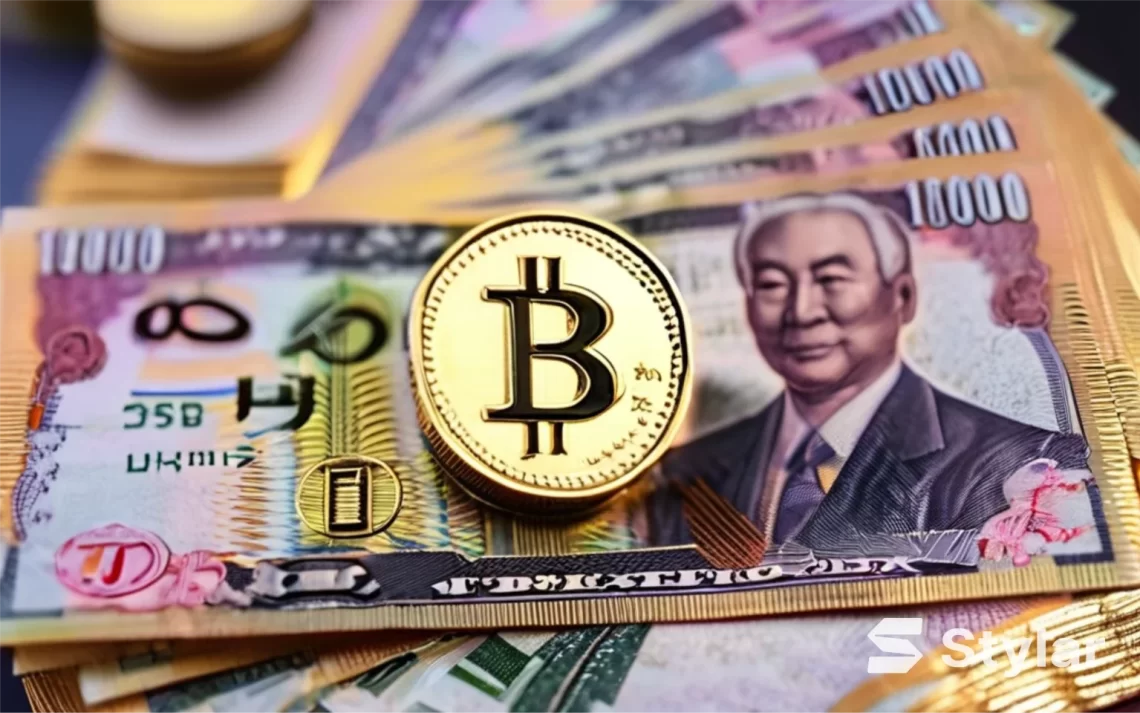The Japanese Yen has fallen to a 34-year low compared to the U.S. dollar, and the global macros are still displaying alarming patterns. Furthermore, a strong USD is what is driving the Yen’s weakening. The Fed has been obliged to maintain higher interest rates for longer than anticipated due to the unyielding U.S. inflation. As the Japanese central bank struggles to maneuver through this, leading analysts are promoting Bitcoin as the next great hope for Japan against its weakening currency.
Bitcoin Is A Reliable Currency
After this decline in value, Bitcoin’s value in relation to the Japanese Yen surged. This sparked a lot of discussion on social media about how fiat is becoming obsolete and how Bitcoin is the next hope for “sound money.” In Japan, private users have already begun embracing Bitcoin. The Japanese public company Multiplanet purchased $6.25 million worth of Bitcoins earlier this week.
? BREAKING ?
JAPANESE YEN, THE 3RD LARGEST CURRENCY, HAS LITERALLY GONE TO ZERO AGAINST BITCOIN
FIAT IS DYING, BITCOIN IS RISING pic.twitter.com/uiwqrHeRyH
— Ash Crypto (@Ashcryptoreal) April 25, 2024
Even prominent Bitcoin proponents, such as Michael Saylor, have stated that “Bitcoin is hope for Japan.” Proponents of Bitcoin maximalist Michael Saylor extolled the virtues of what he terms “Bitcoin’s ingenious design.” They point to Satoshi Nakamoto’s creation of a fixed supply, emphasizing that there will only ever be 21 million BTC circulating.. Due to its deep integration into the BTC blockchain system, this cap cannot be changed. The system controls inflation by reducing the amount of newly issued tokens that are in circulation during halving occurrences.
What Effects Could Japanese Yen Volatility Have on Crypto?
The Japanese Yen (JPY) extended its losses throughout the day, dropping a further 1.3%. This significant decline, a substantial move for a major currency, sent the Yen tumbling to its weakest point against the U.S. dollar since 1990. The drop coincides with the Bank of Japan’s (BOJ) decision to maintain its ultra-loose monetary policy. The BOJ kept interest rates near zero and refrained from expressing significant worry about the Yen’s depreciation, fueling the currency’s decline. Conversely, Japanese banks are looking to invest in stablecoins backed by deposits.
For now, the weakness in the Yen hasn’t impacted cryptocurrency markets. However, this situation could change if the BOJ decides to intervene in an effort to strengthen the currency. Their actions could trigger unforeseen consequences, potentially impacting the cryptocurrency market.. Such intervention might involve the BOJ selling U.S. dollar assets (particularly U.S. Treasuries) to purchase Yen, potentially resulting in a weaker dollar that could, theoretically, improve cryptocurrency prices.
In contrast, U.S. officials might consider intervening by injecting liquidity into the markets. This action could potentially stimulate riskier assets, such as cryptocurrencies. However, such intervention could also have unintended consequences.

























